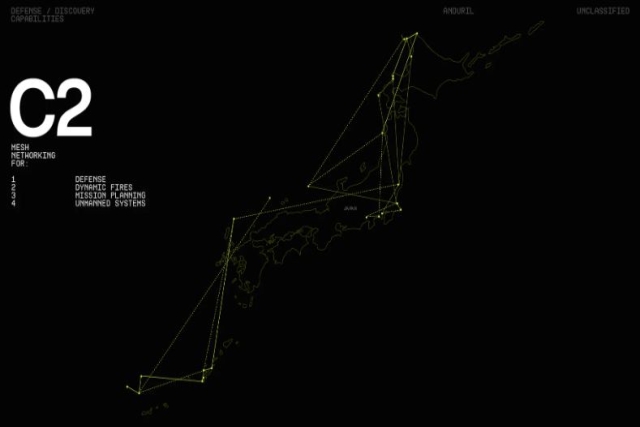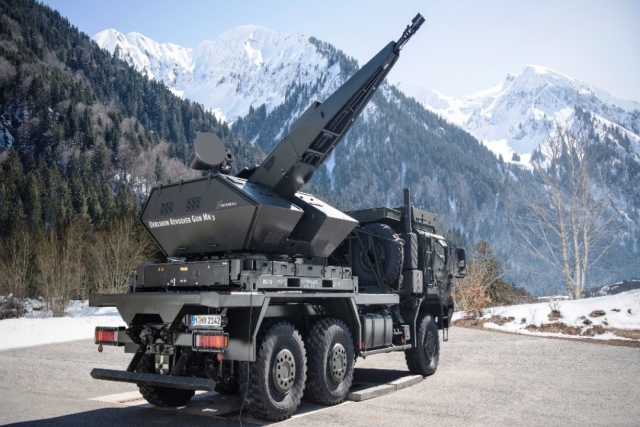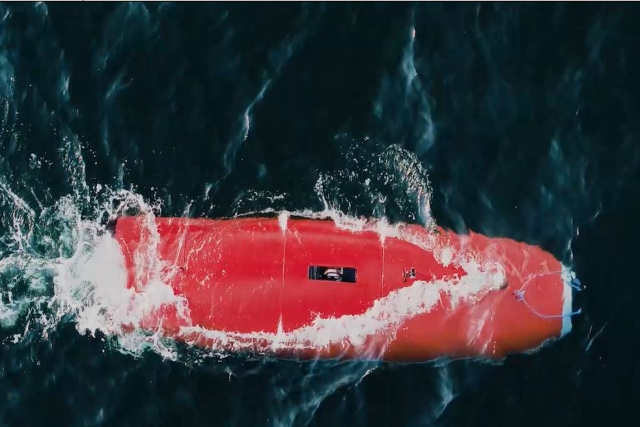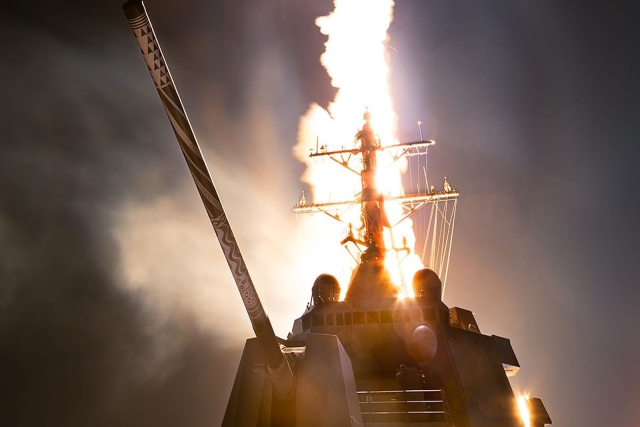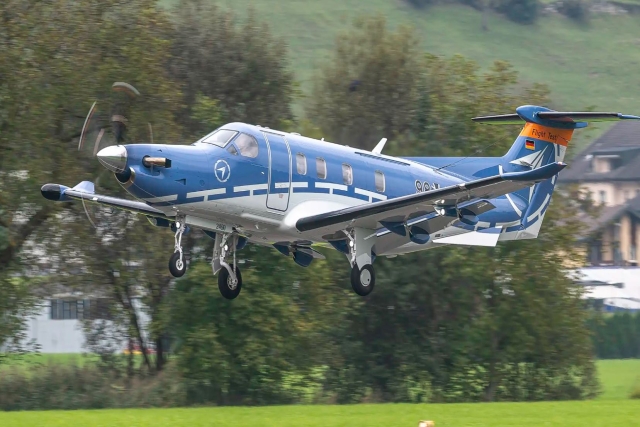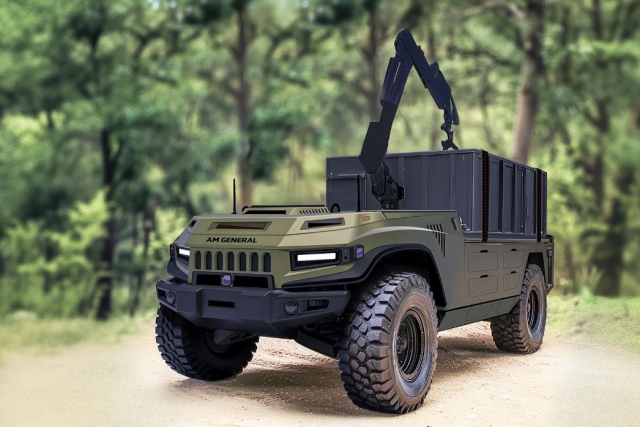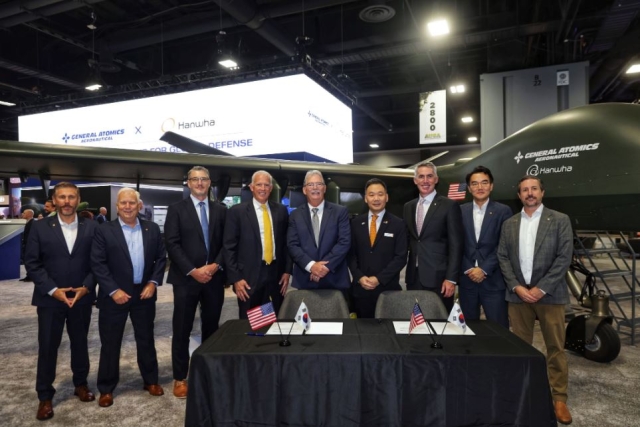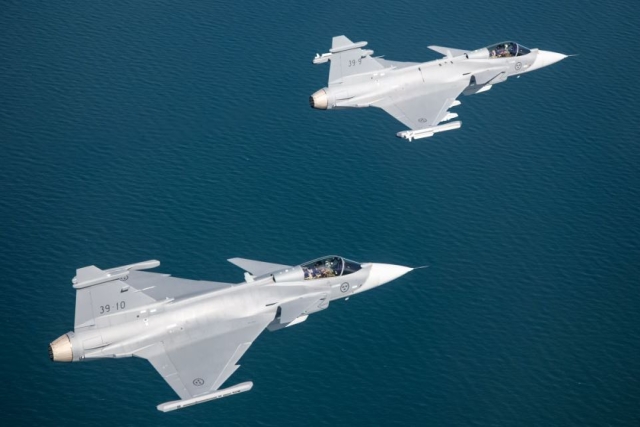Anduril Industries Secures $1.5B for Defense Manufacturing Expansion
New investment will boost hiring, upgrade facilities, and scale production of autonomous weapons systems through the Arsenal platform.
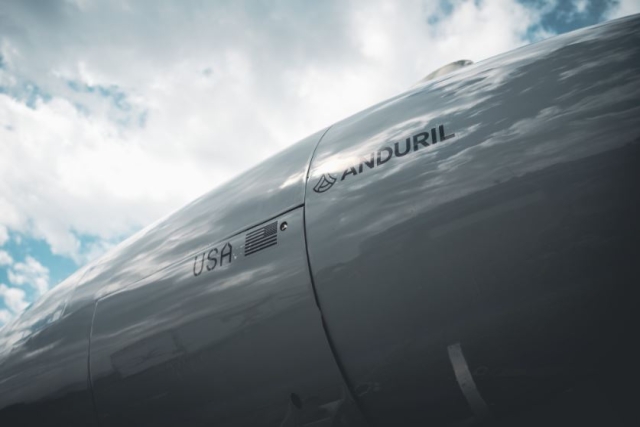
Anduril Industries has announced securing $1.5 billion in funding for its Series F round to scale up defense manufacturing.
The funding will enable Anduril to increase hiring, enhance processes, upgrade tooling, strengthen its supply chain, and expand infrastructure. The company is also investing in Arsenal, a manufacturing platform aimed at producing tens of thousands of autonomous weapons systems to meet the needs of the United States and its allies.
The Series F round, co-led by Founders Fund and Sands Capital, values Anduril at $14 billion and includes new investors Fidelity Management & Research Company, Counterpoint Global, and Baillie Gifford, alongside major commitments from existing investors such as Altimeter and Franklin Venture Partners.
Anduril aims to improve the defense industrial base by implementing agile, rapid, and scalable manufacturing processes. The conflict in Ukraine highlighted the vulnerability in the U.S. ability to respond to crises, with current weapon supplies projected to be exhausted within weeks of a major conflict. Traditional defense manufacturing has struggled with slow production rates and inflexible processes, with lead times for key weapons averaging two years.
Arsenal is a software-defined manufacturing platform optimized for mass production of autonomous systems and weapons. It focuses on simplicity and scale, a resilient supply chain, software-defined production, and centralized infrastructure with the Arsenal-1 factory. This facility, upon completion, will have over five million square feet of production space, aiming to produce tens of thousands of autonomous military systems annually.
Arsenal leverages commercially available components for 90% of its products, reducing lead times and production costs. Its software-defined production integrates the entire lifecycle of product development and manufacturing. Arsenal-1 will offer flexibility to reallocate manufacturing resources to meet new requirements or scale production.
Anduril has already demonstrated its manufacturing capabilities globally, with a $75 million investment in Mississippi for solid rocket motors and a new facility in Rhode Island to increase production of autonomous underwater vehicles. This complements existing factories in California, Georgia, and Australia.
